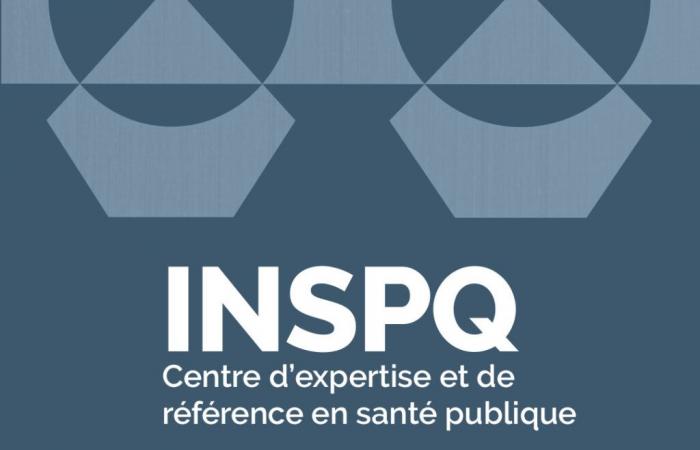Currently in Quebec, multiple crises overlap and fuel different forms of inequalities: housing crisis, rising cost of living, increase in homelessness and climate crisis. The interrelationships between these crises are little addressed in public discourse, in the socio-ecological transition and in the fight against climate change. The most vulnerable and marginalized groups bear a disproportionate climate burden, and while the phenomenon of homelessness is not new, the climate crisis is helping to make it more complex as well as intensify it. This webinar provides essential insight into the repercussions of climate change on social, health and climate inequalities experienced by people experiencing homelessness in Quebec.
The elements presented are based on an innovative initiative of the Quebec Observatory of Inequalities, carried out in collaboration with Ouranos, relating to homelessness in the context of climate change and adaptation solutions. A first exploratory phase, carried out between October 2023 and July 2024, paved the way for a second phase launched in fall 2024 and taking the form of a more in-depth participatory action research project. This project aims to support the implementation of adaptation strategies based on an intersectional approach (ADS+) in order to improve the resilience of itinerant populations in the face of climate change.
Learning Objectives
- Observe the interrelationships between the phenomenon of homelessness and the effects of climate change;
- Recognize the challenges faced by people experiencing homelessness related to climate change in Quebec, and their extent;
- Consider possible solutions for possible adaptation plans, such as in public health, aimed at reducing these climate inequalities.
Speaker
Ariane Prefontaine is a researcher at the Quebec Observatory of Inequalities. She completed a master’s degree in environment and sustainable development at the University of Montreal, with a specialization focused on social and governance issues. She also holds a graduate certificate in management and sustainable development from HEC Montréal as well as a bachelor’s degree in economics and political science from the University of Montreal. She is particularly interested in the repercussions of climate change on populations who are often invisible and in the reduction of different forms of inequalities in the context of climate change.
Register
Health






